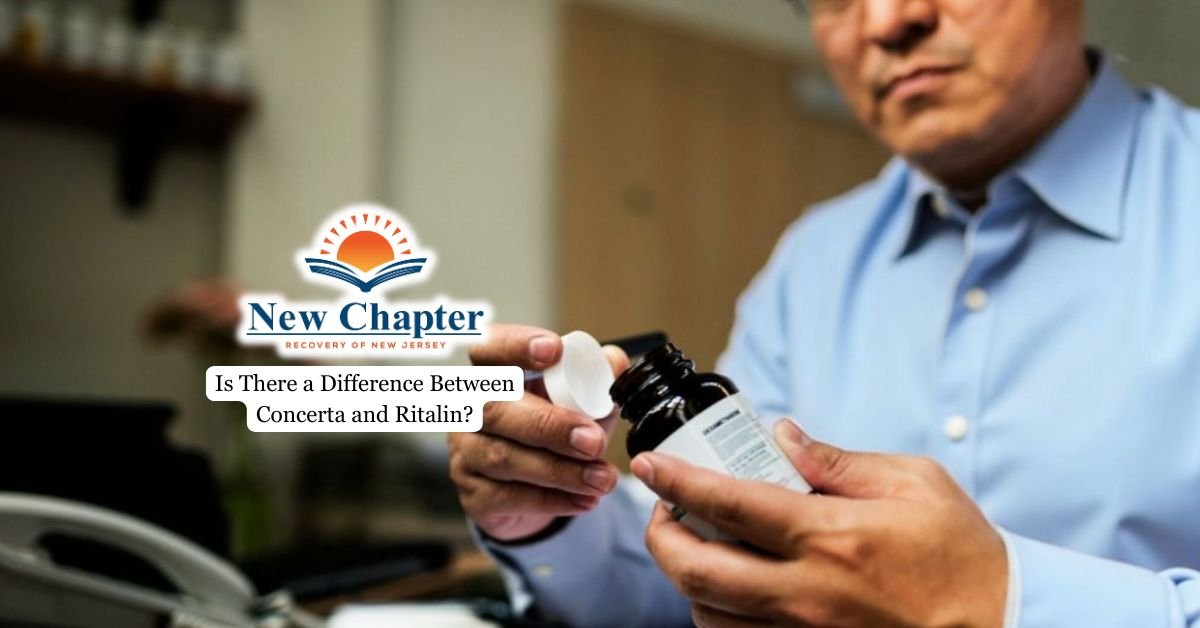Choosing the right approach to addiction treatment depends on several factors, including lifestyle, severity of substance use, and support systems. Outpatient rehab is one option that provides structured care without requiring individuals to put their lives on hold.
In the next sections, we will discuss what outpatient rehab is, how it differs from inpatient treatment, and why it has become a widely used treatment option. It will also explore the key benefits of outpatient care, including flexibility, affordability, variety of services, and its role in long-term recovery.

What Is Outpatient Rehab?
Outpatient rehab is a type of addiction treatment that allows individuals to receive care while continuing to live at home. These programs vary in intensity, offering different levels of care based on the individual’s needs and stage of recovery. Common types of outpatient treatment include standard outpatient programs, intensive outpatient programs (IOPs), and partial hospitalization programs (PHPs). Each type provides varying hours of treatment per week and is designed to address different severities of substance use disorders.
Unlike inpatient rehab or residential treatment, which require patients to reside at a treatment facility, outpatient treatment typically involves scheduled sessions at an outpatient treatment center. This format is well-suited for medically stable individuals who have a strong support system and are motivated to maintain sobriety in a less controlled environment. Outpatient programs incorporate a variety of services, including individual counseling, group therapy, medication management, and support for co-occurring mental health disorders.
This flexible, real-world approach to addiction treatment offers several key advantages that make it a valuable choice for many individuals seeking recovery.
Flexibility and Daily Life Integration
Outpatient rehab enables individuals to receive treatment on a part-time basis, allowing them to continue working, attending school, or caring for family members. This flexibility is particularly beneficial for people who cannot afford to step away from their daily lives for an extended period.
Programs offer treatment during mornings, evenings, or weekends, allowing participants to schedule sessions around their existing commitments. Outpatient rehab provides the structure and support necessary for recovery while enabling individuals to apply their coping strategies in real-world situations. This direct integration of treatment into everyday life often strengthens accountability and enhances long-term recovery outcomes.
Cost-Effectiveness Compared to Inpatient Treatment
Another compelling benefit of outpatient treatment is its affordability. The cost of outpatient treatment is generally lower than that of inpatient rehabilitation due to the absence of residential services, such as room and board. For many, this reduced financial burden makes outpatient care a more accessible treatment option.
Insurance providers often cover outpatient treatment programs, particularly when they are medically necessary. Whether someone is seeking treatment for drug or alcohol addiction, outpatient rehab offers a cost-effective alternative without sacrificing the quality of care. It’s an ideal choice for individuals seeking comprehensive addiction treatment without the high price tag of inpatient rehab.
Range of Services and Levels of Care
Outpatient programs are not one-size-fits-all. Treatment centers offer a wide range of services and various types of outpatient treatment to meet the diverse needs of their clients. Standard outpatient programs typically involve fewer hours of treatment per week and are suitable for individuals with mild to moderate substance use issues. Intensive outpatient treatments offer more structured levels of care, while partial hospitalization programs provide a higher level of medical and psychological support without requiring a residential stay.
This spectrum of care ensures that each patient receives the right level of treatment based on their addiction severity, mental health status, and personal circumstances. Outpatient rehab also allows for step-down treatment, where individuals may transition from higher-intensity programs to standard outpatient care as they progress through recovery.
Evidence-Based and Personalized Treatment Options
Outpatient addiction treatment centers rely on evidence-based therapies tailored to the individual’s unique needs. Cognitive behavioral therapy, motivational interviewing, and medication-assisted treatment are common components of outpatient rehab programs. These approaches address not just the symptoms of addiction but also the underlying emotional, psychological, and behavioral patterns that contribute to substance use.
Personalized treatment planning is a core feature of outpatient care. Whether dealing with alcohol treatment, drug addiction treatment, or co-occurring mental health conditions, outpatient programs typically create individualized plans that adapt over time. This level of customization enhances the effectiveness of outpatient rehab and supports sustained recovery.

Support Systems and Community Integration
Unlike inpatient treatment, which isolates individuals from their usual environments, outpatient rehab encourages participants to build and maintain connections with family, friends, and community resources. This can foster a sense of accountability and stability that is essential during recovery.
Being part of a community while undergoing treatment allows individuals to practice new skills in their everyday environment. Support groups, peer mentoring, and family involvement are often integrated into outpatient treatment programs, providing a broader foundation for lasting change.
Long-Term Effectiveness and Relapse Prevention
For those struggling with addiction, recovery doesn’t end after the initial phase of treatment. Outpatient drug rehab offers continued support through therapy sessions, relapse prevention strategies, and regular follow-ups, helping individuals stay on track over time.
A rehab center offering outpatient care enables patients to remain engaged in their recovery while managing daily responsibilities. By applying coping skills in real-world situations and staying connected to treatment professionals, individuals build long-term stability. Outpatient rehab is more than a starting point; it’s a lasting solution designed to support sustained sobriety and prevent relapse beyond the structured program.
Final Thoughts from New Chapter Recovery
At New Chapter Recovery in New Jersey, we provide outpatient drug and alcohol addiction treatment rooted in compassion, structure, and spiritual healing. Our programs, ranging from intensive outpatient care to dual-diagnosis treatment, are designed to meet each individual’s unique needs. With a holistic approach that includes counseling, group therapy, wellness services, and faith-based support, we help clients rebuild their lives in a safe, respectful environment. Recovery here means being treated like family while writing a new chapter free from addiction.






